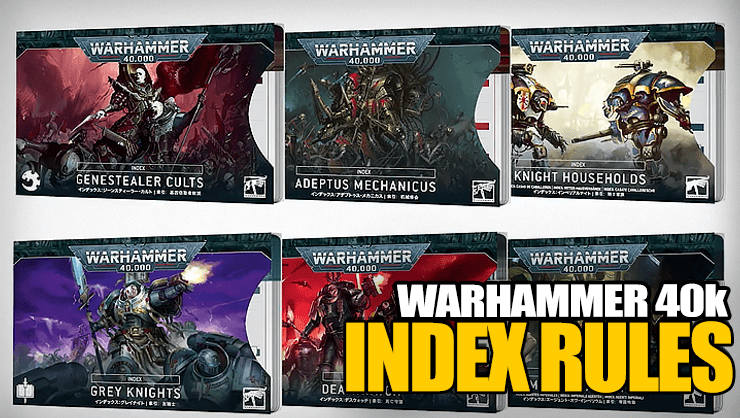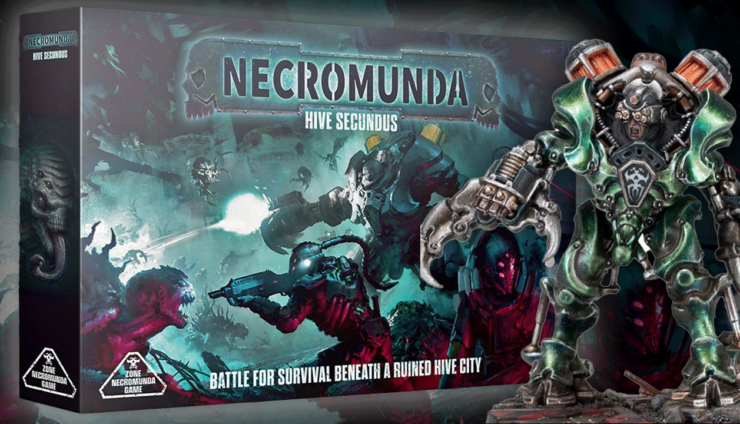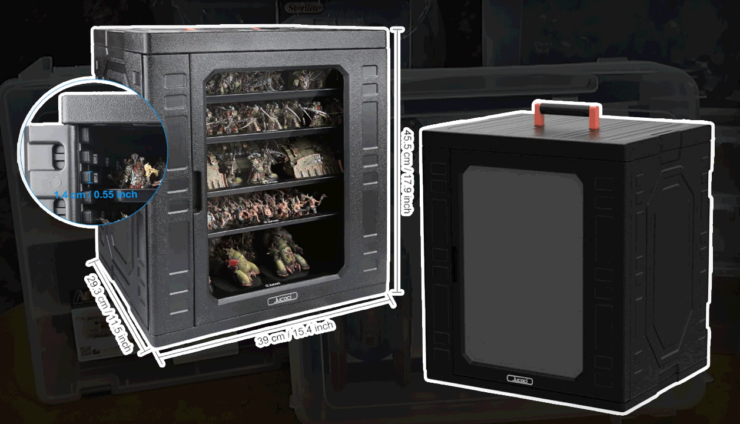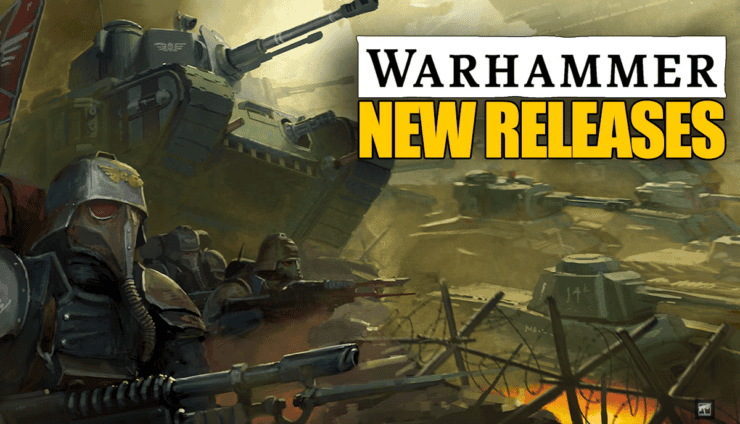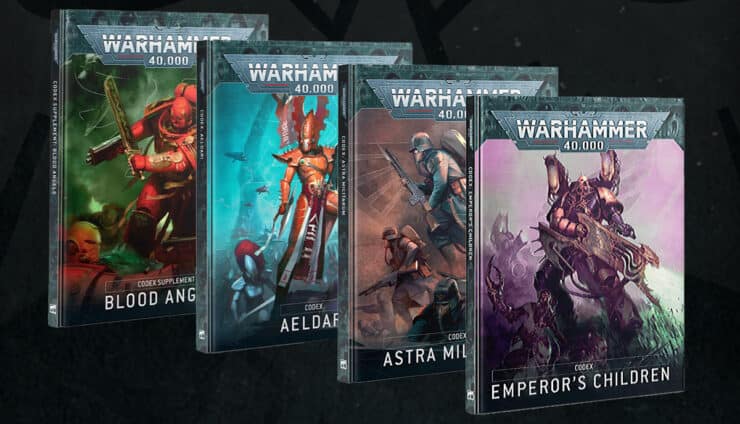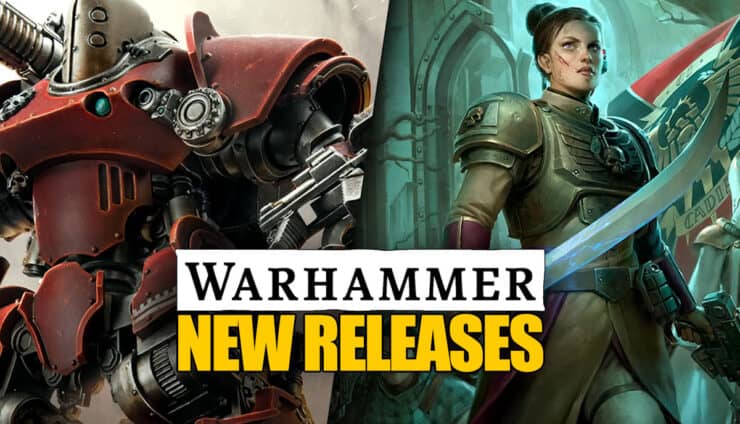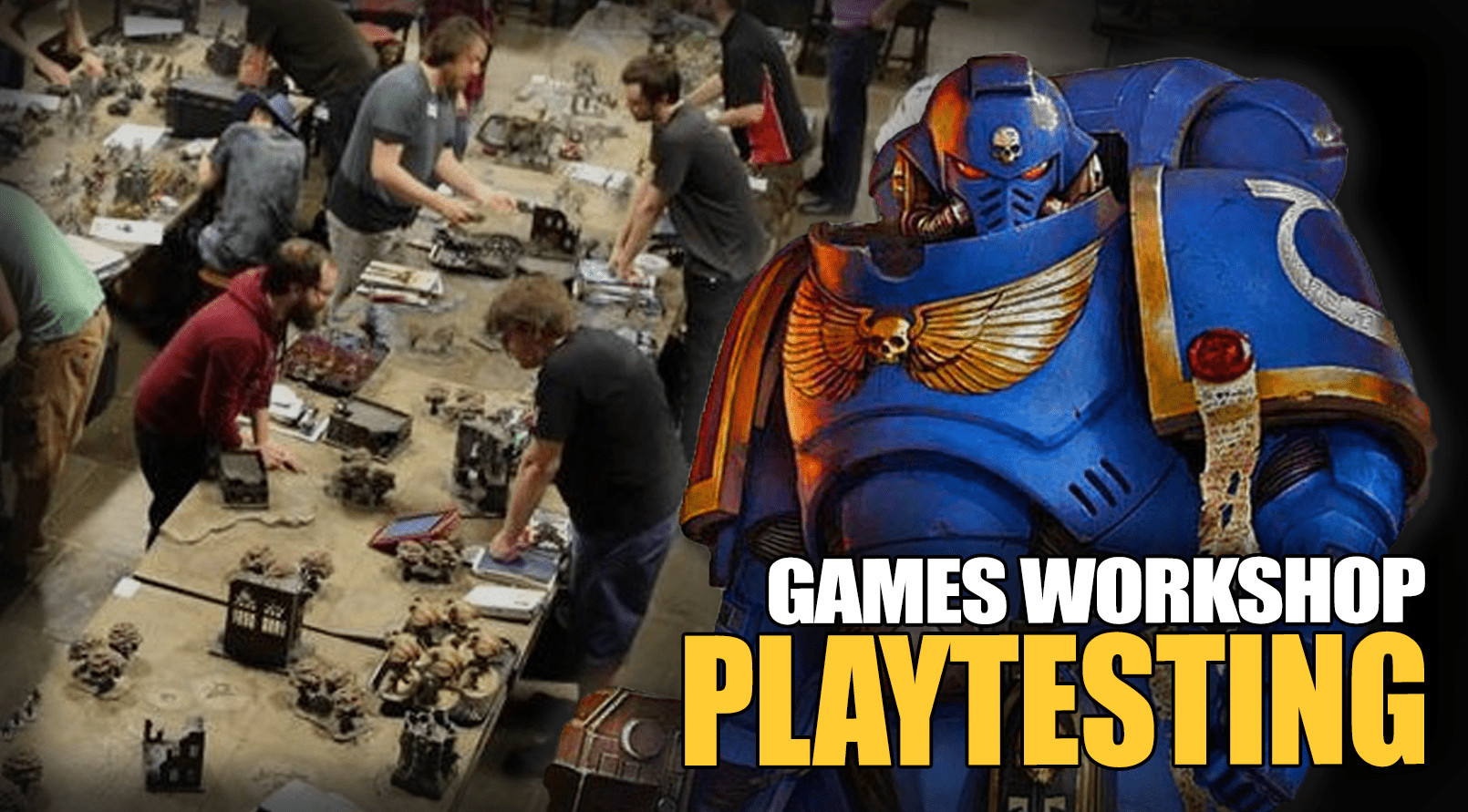 Everything about how Games Workshop does their Warhammer 40k 10th Edition and AoS rules playtesting is wrong, and here is why.
Everything about how Games Workshop does their Warhammer 40k 10th Edition and AoS rules playtesting is wrong, and here is why.
Everything About Games Workshop Warhammer 40k Rules Playtesting is Wrong
So it turns out all the time that it would take GW to produce a balanced set of index cards, a new codex, or a battletome book is insane. They don’t have that big of a team of playtesters, and honestly, this just gives more credence to the fact that GW needs to crowdsource this to be genuinely balanced on release day for new faction books.
Depending on who you ask on the internet, “open-sourcing” the rules playtesting may be what Games Workshop basically did with the new Index Cards for Warhammer 40k 10th Edition.
It’s impossible to say for sure as we haven’t seen the points costs for any faction yet, the competitive Chapter Approved rules for tournament play, or any potential FAQs to fix know issues up to the launch of the 10th edition. In essence, we’re still looking at all of these rules in a vacuum.
But what we have seen so far raises some of the same questions that have plagued 9th Edition since 2020: everything about Games Workshop’s Warhammer 40k 10th Edition rules playtesting is wrong.
The 40k Math-hammer Ain’t Mathing
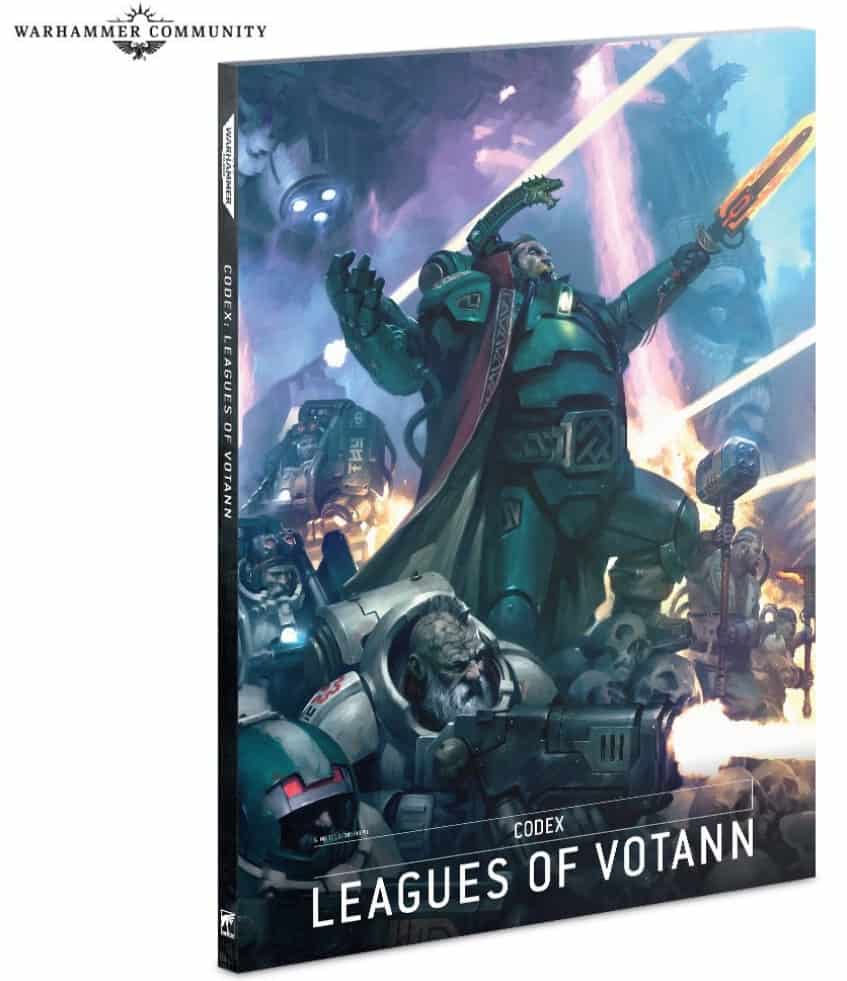
Here is how much time it would take to test ONE army. Just to note, we’re going off three hours per game which is pretty average, especially when you have to factor in the playtesters, who wouldn’t know the book very well and would be trying out a bunch of stratagems and special rules.
We’re also doing the math for 25 factions to play test against in Warhammer 40k, which varies depending on how many Space Marine codexes etc., are out there at the time.
- One game vs. all factions with 1st turn: 75 hours (3 hours x 25 factions)
- 2nd game against all factions with 2nd turn: 75 hours
- Playing with different types of terrain (i.e., light and dense cover): 150 hours
- Playing with different types of terrain but going second (i.e., light and dense cover): 150 hours
Total (so far): 450 Hours
This is 450 hours already, but remember, this is against a single army list for each opposing faction, as you can’t change their list while changing other variables about the game (like first turn or terrain density, etc.).
So, this is in no way done, as the vast majority of Warhammer 40k factions have 2-3 viable lists. Now when you extrapolate that out to include a max of three viable lists for each faction, you end up with this:
Total hours for multiple lists: 1,350 hours
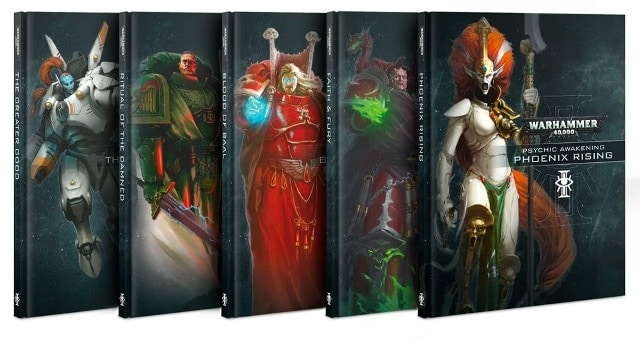
Then again, this isn’t enough, as dice rolls can vary over a game, mistakes made by players, etc… Honestly, it could be closer to 2,000 hours of playtesting to get a good gauge of how an army works. However, even this is still missing something. Changes!
What happens if the playtesters find out something is either too strong or too weak? You then have to go back and make the changes. Then guess what? You have to retest everything once again! So the total number of hours just becomes staggering.
Realistic number of hours: Well over 2,000
Crowdsourcing the Codexes
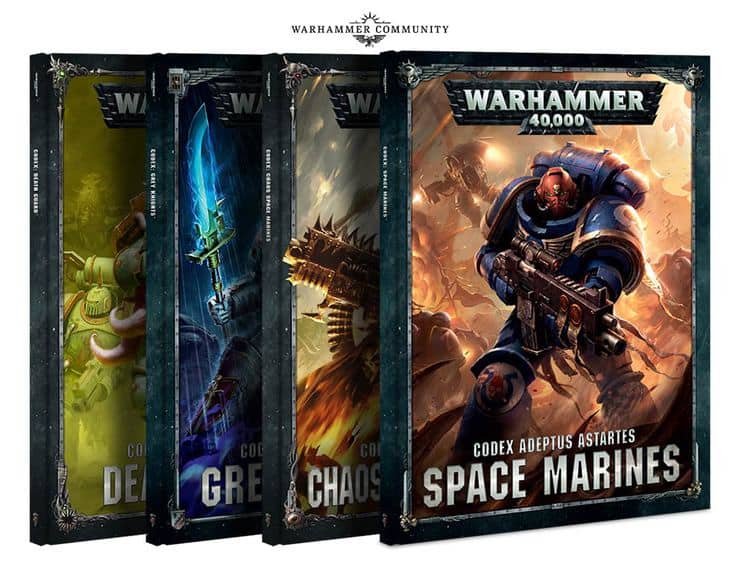
So, if those people did nothing but playtested Warhammer 40k, it would take about two and a half months of testing (considering 40-hour work weeks and weekends off). Now, this doesn’t seem too insane, but remember, this is if they didn’t make a single change to the codex (and not counting combining factions or supplements) and didn’t rework anything.
At two months a book, this seems pretty impossible with the current codex release schedule at this point.
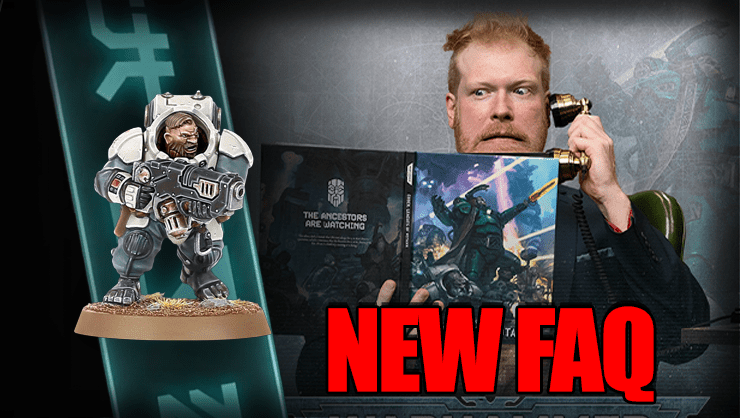
We think they should crowdsource this either through the GT circuit, which could put us back with months of research and FAQ attempts to fix armies, or just do 3-months of open-beta testing where the community could give their feedback, and they would have thousands of games to go on instead of hundreds or dozens.
Instead of the small playtesting pool Games Workshop has now, this would give GW tons of data to make a final informed decision about the codex. Plus, they usually mention new book releases about 4-5 months out anyway (well… sometimes).
This has a ton of benefits, such as balance, people would get more hyped for the release, and give longer lead times for people to save their hobby dollars for the book. Plus, it would help GW from having to do these early and somewhat scrambled FAQs that have been so offputting as of late.
Check out our entire series on the Games Workshop Product Strategy and how they may change.
- Games Workshop Is Changing, Here’s Why
- The New Games Workshop Sales Strategy
- How Games Workshop Could Change
GW Current Woes With Pricing and Rules Development:
- GW is Not in Charge of Warhammer Anymore
- $200 Kits From Games Workshop Canceled the Last CEO
- Games Workshop Takes a Very Passive-Aggressive Stance
- Proof Playtesting Warhammer is a Myth
All the Latest Warhammer Rules & Model Rumors
Would this be a good way for Games Workshop to continue doing Codex Releases and Warhammer 40k playtesting for armies?
